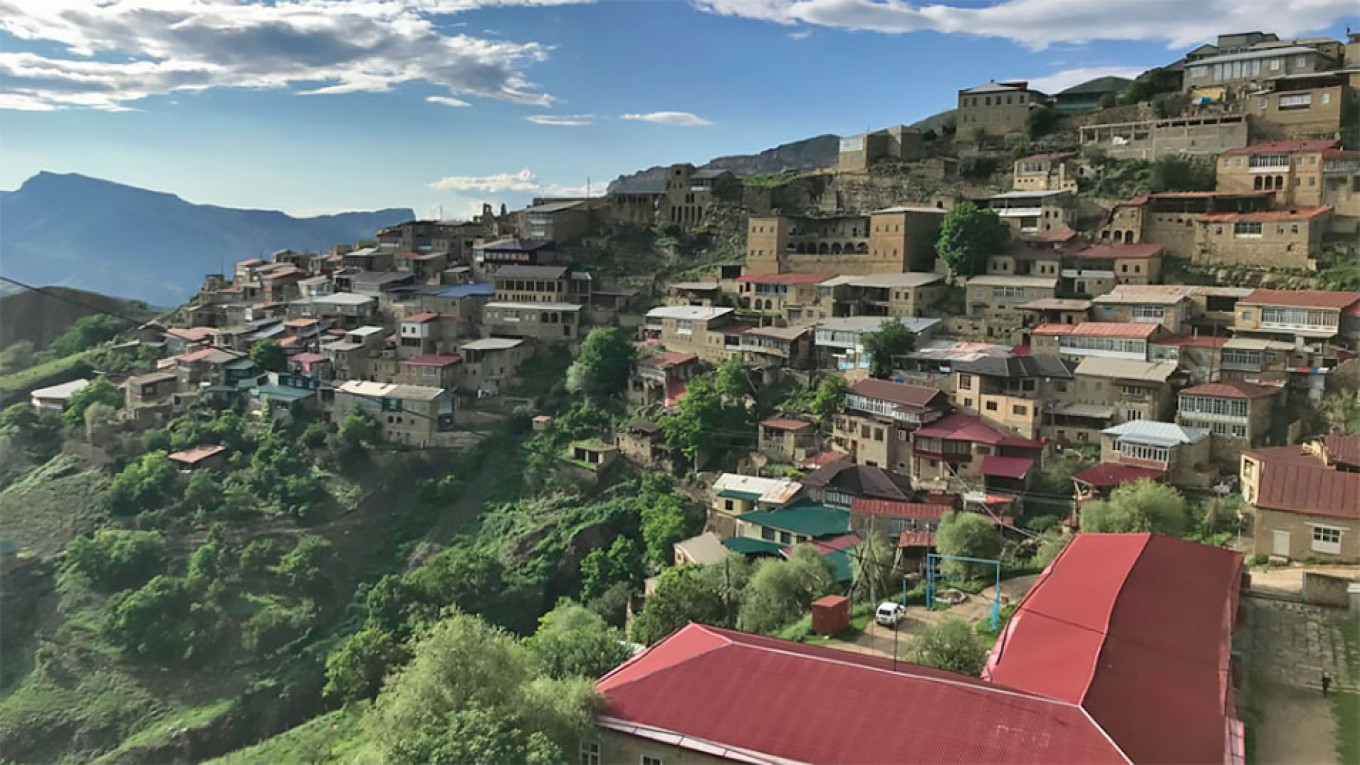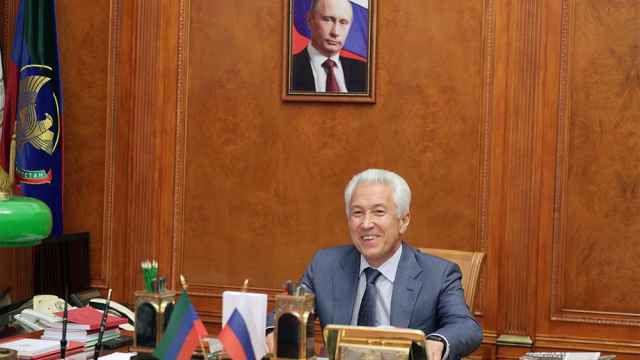CHOKH, Dagestan - Maxim Alyoshin sips sweet black tea from a thermos flask in this picturesque mountain village as he recalls the horror stories his father told him about fighting jihadist militants in the region in the 1990s as part of an elite Russian special forces regiment.
“We always heard scary things about Dagestan, that we’d be kidnapped as slaves if we went,” said Alyoshin, a 32-year-old civil engineer who had traveled 2,000 kilometers south with his wife from their home in central Russia to spend two nights in Chokh.
“But since we’ve arrived, our impressions have been entirely positive.”
With coronavirus restrictions ruling out holidays to traditional destinations like Thailand and Turkey for a second year running, Russians are warming to the mountainous Caucasian region that, until recently, was widely seen as violent and backward.

Throughout the pretty mountain-top villages of Dagestan’s central highlands, tour buses full of visitors from the north are hard to miss.
“Demand is through the roof,” said Magomed Magomedov, a guesthouse owner in the cliffside town of Khunzakh, a tourist spot popular for its mountain waterfalls.
“When you fly into Makhachkala, half the passengers are Russian kids with backpacks. Virtually every hotel in Dagestan is booked out through May and into the summer.”
As the Russian government pours money into promoting internal tourism amid the pandemic, Dagestan — which combines striking mountains and remote villages with the ancient fortress city of Derbent — is already reaping the benefits.
In December, the head of Russia’s state tourism agency singled out Dagestan as one of few regions to have seen major tourist growth in 2020, despite Covid-19.
For Dagestan, the burgeoning tourist boom stands in sharp contrast to its troubled recent history.
Inhabited by over 30 different nationalities, and with less than 4% of its population ethnic Russians, Dagestan — whose name is a combination of the Turkic word for “mountain” and the Persian word for “land” — has often been a byword for alien and dangerous.
Overwhelmingly Muslim, Dagestan was plagued by the spillover from two successive wars — and the resulting guerilla campaign — in neighbouring Chechnya.
In the late 1990s, several Dagestani villages effectively seceded from Russia, establishing Islamic law locally. After Russian troops were deployed in 1999, the region was sucked into a decade-and-a-half long Islamist insurgency which cost thousands of lives.
Today, though, memories of the years of terrorism that plagued Dagestan are becoming more distant, if not fading entirely.
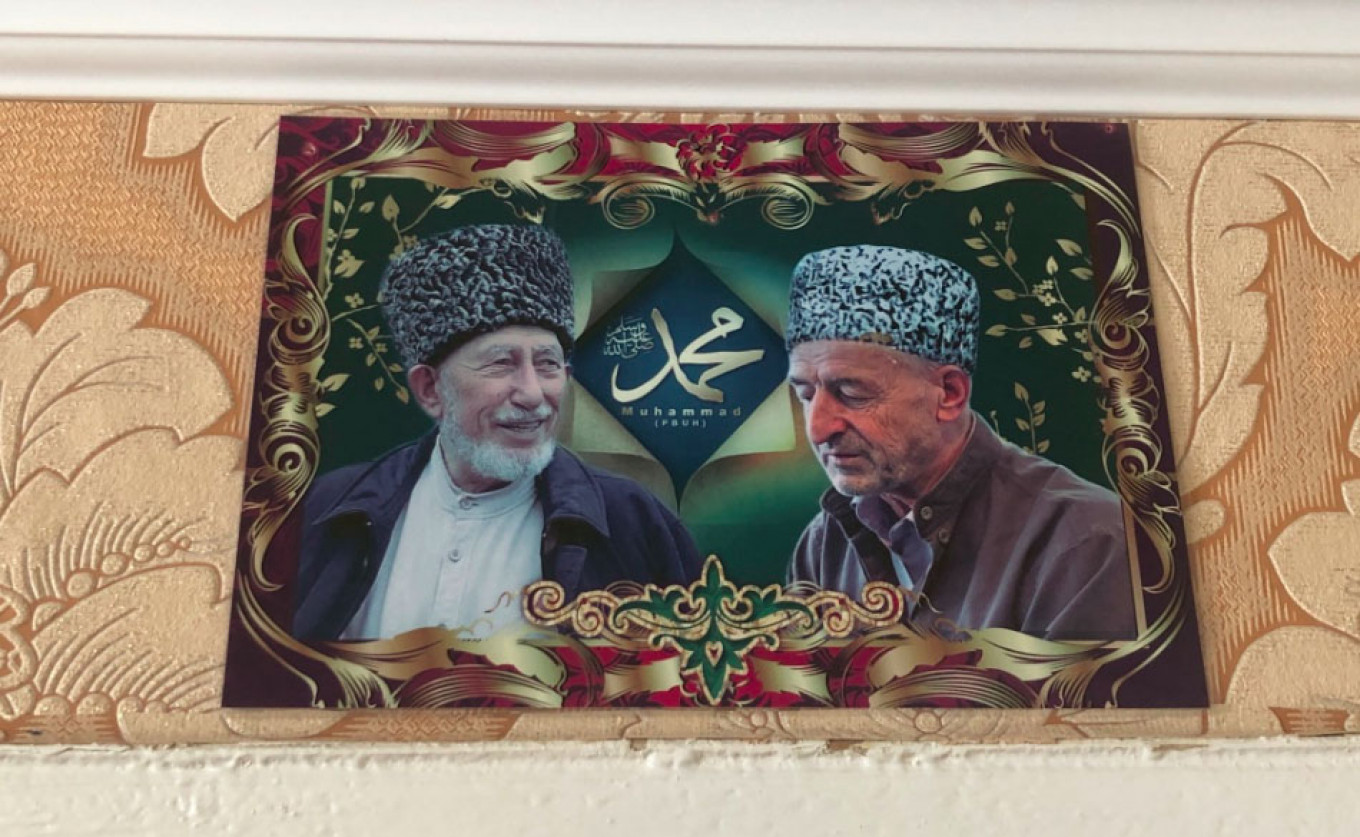
At Akhmet Saydigev’s guest house in the village of Verkhny Karanai, portraits of local leaders of Dagestan’s traditional brand of Sufi Islam slain by Wahhabi-inspired extremists in the 2000s hang over beds slept in by backpackers from Moscow and St Petersburg.
“Everything’s calmed down here now,” said Saydigev, who is also the local vet, in the village overlooking the Sulaksky Canyon, Europe’s deepest.
“There’s no danger anymore. People are losing this idea that Dagestan is something to be scared of.”
Though armed Russian soldiers are still a common sight in Dagestan, the insurgency that earned the republic its fearsome international reputation was mostly quashed by 2015.
A combination of a ruthlessly effective Russian counterterrorism operation and the rise of ISIS’s caliphate in Syria and Iraq — to which many North Caucasus militants fled — saw the security situation in Dagestan improve rapidly. In 2017, Alexander Bortnikov, director of Russia’s FSB internal security service, announced the “liquidation” of Dagestan’s last remaining militants.
“Some were killed, some went abroad,” said Saydigev.
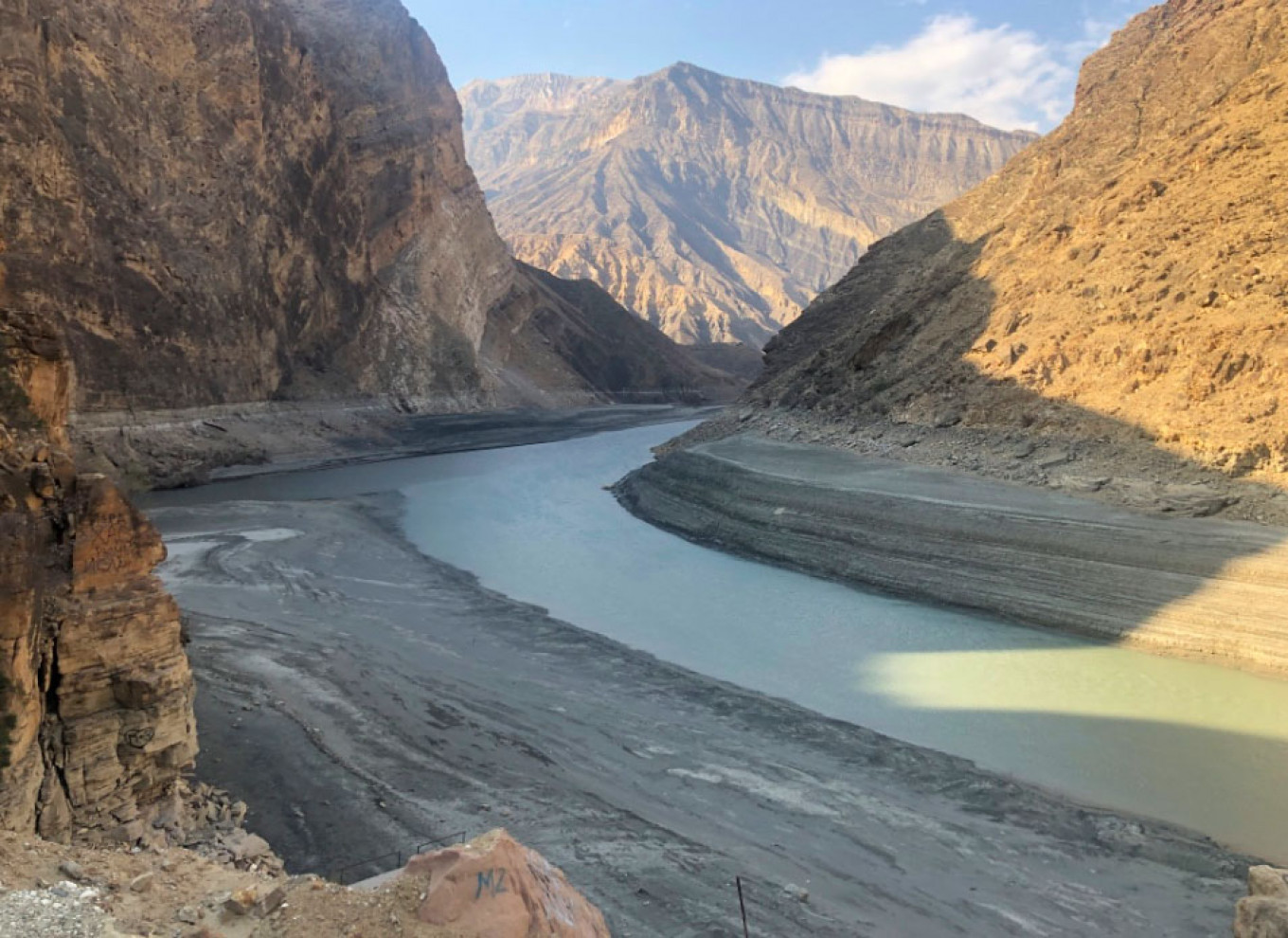
Travel show
In the years after the end of the fighting, tourism was slow to take off in Dagestan.
Violent purges of gay men in neighbouring Chechnya generated gruesome headlines, and stories of honour killings and gender segregation in Dagestan fueled well-worn stereotypes about the region.
However, starting in 2019, influential Russian travel YouTubers began to promote the republic as a safe — and largely undiscovered — holiday destination.
In November 2020, Dagestan went one better: It was featured in an episode of the hugely popular Russian reality TV travel show, “Oryol i Reshka” (Heads or Tails). The program, in which two presenters take parallel luxury and ultra-budget tours of popular destinations, has received over two million views on YouTube.
Before the TV cameras arrived, Covid-19 had already begun to boost Dagestan’s popularity.
Western governments mostly discouraged tourism amid the pandemic, even within their own countries, but Russia prioritized protecting the economy over keeping death rates low. After a relatively brief initial lockdown, the government took the closure of international borders as an opportunity to get Russians spending on vacations at home.
Affordable trips
Last summer, President Vladimir Putin in his April state-of-the-nation address announced a cashback scheme subsidizing vacations in domestic resorts.
Though Dagestan — which remains one of Russia’s poorest regions — was hit especially hard by the coronavirus, its tourist sector has thrived under pandemic conditions as Russians search for affordable trips without unpredictable international borders.
According to local Tourism Ministry figures seen by the Moscow Times, annual tourist arrivals in the republic increased by 30% from to 800,000 in 2020 from 620,000 in 2019, despite lockdown shortening the season by several months.
This year, the Russian government’s unexpected suspension of flights to Turkey just weeks before the May Holidays — the vacation period between International Workers’ Day on the May 1 and Victory Day on May 9 — was a windfall for Dagestan, with 500,000 would-be tourists left suddenly seeking domestic alternatives to Antalya.
“We were thinking of going to Uzbekistan,” said Anna Petrova, an administrator at a St. Petersburg children’s charity visiting the republic with her husband. “But Dagestan just seemed easier with all the restrictions on international travel.”
For Petrova, who remembers the regular drumbeat of bombings and hostage-takings linked to the Caucasus in Moscow and St. Petersburg, the decision to visit Dagestan nonetheless came easily.
“We used to hear about terrorists here, but not so much anymore,” she said.
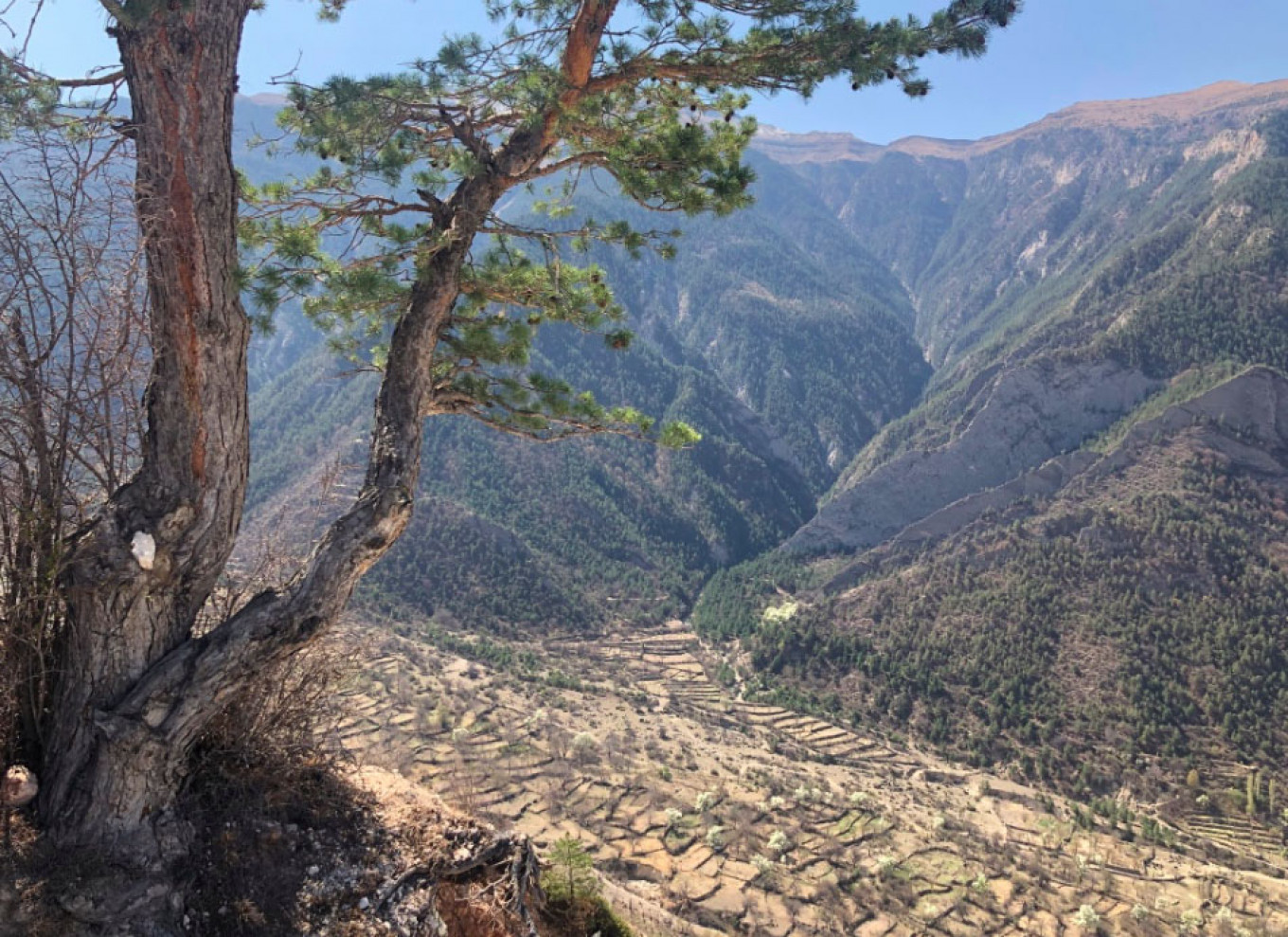
Throughout Dagestan, surging interest in the republic has created a sense that a hitherto underdeveloped tourism sector is on the brink of something big.
“Ten years ago, these valleys were crawling with Wahhabists and Russian special forces,” said businessman Arsen Khabibov, in his remote home village of Igali, close to the border with Chechnya.
“People used to be scared even to come here.”
Khabibov, who owns a successful toy factory in the Dagestani capital Makhachkala, now has ambitious plans for his home district and hopes to build a glamping site for wealthy Muscovites in the remote western valley.
For some, however, Dagestan is still not entirely ready for the coming influx of tourists.
“There are problems with infrastructure,” said 35-year-old Andreas Csar, an Austrian former petroleum engineer who moved to Dagestan in 2019 to set up a company devoted to making the wonders of Dagestan accessible for foreign visitors.
“A lot of work is still needed to develop infrastructure suitable for international guests.”
But in spite of the patchy facilities, Russian visitors see only positives in Dagestan’s opening up to outsiders.
“It’s good that we Russians are starting to explore our own country,” said charity administrator Petrova.
“We used to go all over Europe and America, but were a little scared of Russia itself. Now we’re learning to get over that.”
A Message from The Moscow Times:
Dear readers,
We are facing unprecedented challenges. Russia's Prosecutor General's Office has designated The Moscow Times as an "undesirable" organization, criminalizing our work and putting our staff at risk of prosecution. This follows our earlier unjust labeling as a "foreign agent."
These actions are direct attempts to silence independent journalism in Russia. The authorities claim our work "discredits the decisions of the Russian leadership." We see things differently: we strive to provide accurate, unbiased reporting on Russia.
We, the journalists of The Moscow Times, refuse to be silenced. But to continue our work, we need your help.
Your support, no matter how small, makes a world of difference. If you can, please support us monthly starting from just $2. It's quick to set up, and every contribution makes a significant impact.
By supporting The Moscow Times, you're defending open, independent journalism in the face of repression. Thank you for standing with us.
Remind me later.



